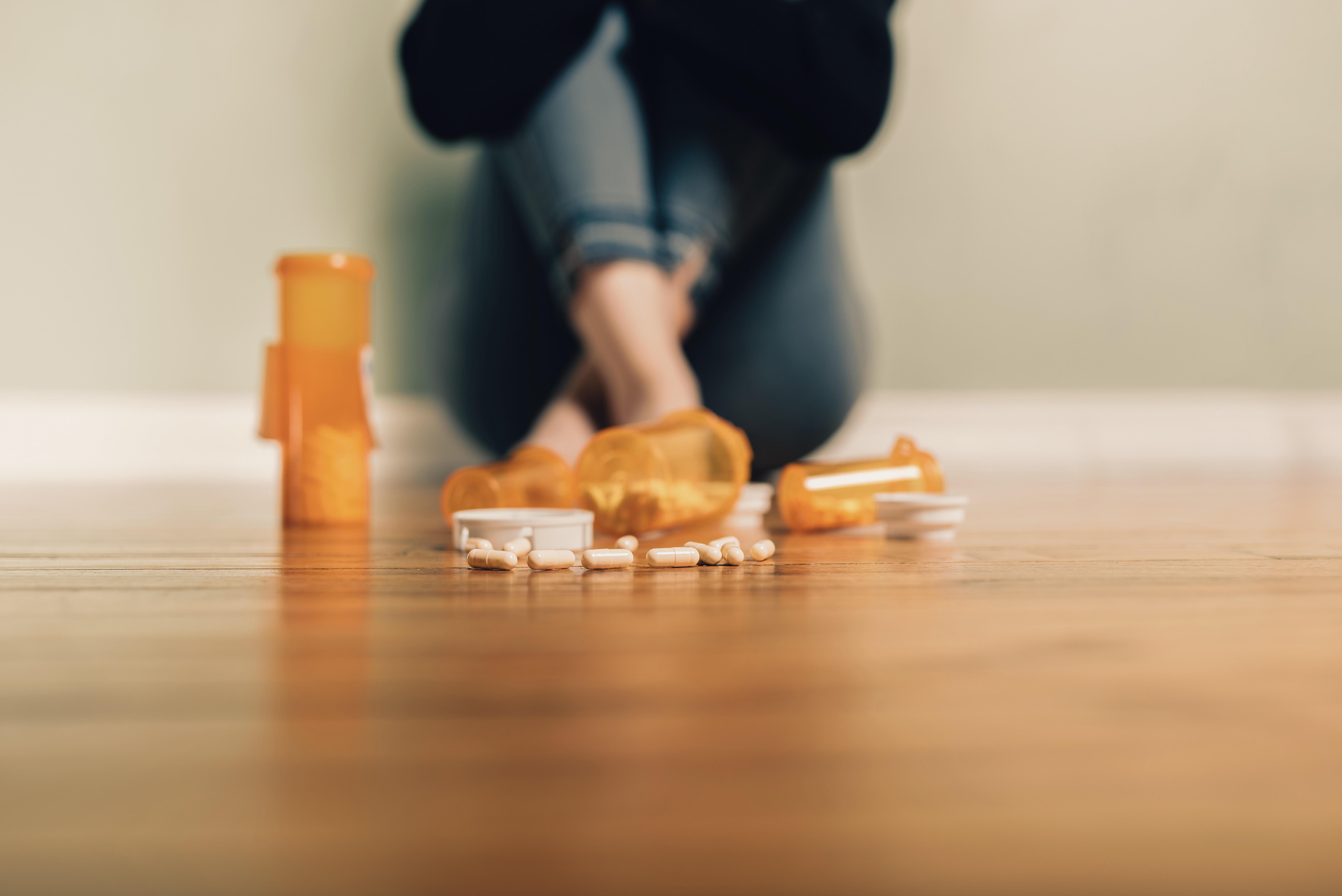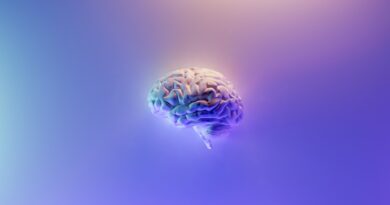Opiates Depression Treatment: Symptoms & What’s Next in Life?
More than 130 people in America die each day from an opiate overdose.
A couple million of these people are in the U.S. alone, and the problem is still very alive and growing. Many people turn to opiates to relieve chronic pain and depression.
While they may relieve pain for a temporary amount of time, the effects of misuse can be detrimental. Opiate addictions can lead to increased heroin use, depression, and death.
Below is some light at the end of the tunnel. Keep reading to look at your options for opiates depression treatment.
What is Depression?
Before going about finding a solution, it’s important to know what depression is. Depression is a mental illness that greatly affects how you feel and function.
Depression symptoms include loss of interest in activities, changes in appetite, and poor sleep. Luckily, it is treatable, and there are often alternative treatments you’ve probably never thought of.
How Do Opiates Cause Depression?
While opiates don’t directly cause depression, using opiates and depression are bi-directly related. This simply means one increases the chance of the other. With that being said, opiate depression is no joking matter.
It is thought depression is increased after opiate use due to the pleasure system of the brain being altered. Opiates don’t have as strong of an effect if a person is already depressed, resulting in people using increased doses. This often causes overdoses.
People with severe, untreated depression may take extreme actions to feel better if even for an hour. Using opiates, especially heroin, may be the route many people take.
What’s Next?
This addiction isn’t easy for anyone to fight. While doing yoga and having a balanced life is suggested, it takes a lot more than that to recover from opiate depression.
Going through opiate withdrawal is not only difficult but dangerous. If you are going through withdrawal, don’t be afraid to check yourself into the ER. The staff can keep track of your vitals and other health needs.
Once out of the ER, seeking long-term treatment and accountability is crucial. An addiction to opiates and depression aren’t things cured overnight. It’s a long process that’ll you’ll need help with.
Look into local group sessions, individual counseling, and developing a treatment plan. You should also consider antidepressants to help with your ongoing depression.
One thing to not get caught up in is guilt when seeking help. Don’t allow the shame of addiction keep you from the help you need. Ending the stigma and spreading education is highly important.
Know-All for Opiates Depression Treatment
Opiates depression treatment seems like a heavy subject to most, but it’s a subject that needs to be addressed. Many people are struggling with an addiction to opiates and need help.
It’s important to understand what depression is, how opiates affect depression, and where you can seek help if you’re struggling. Make sure to read the above information if you or a loved one is dealing with an addiction or depression from opiate use.
Do you need more help or tips for your lifestyle? Make sure you check out the rest of our site, and contact us with any questions or comments!



